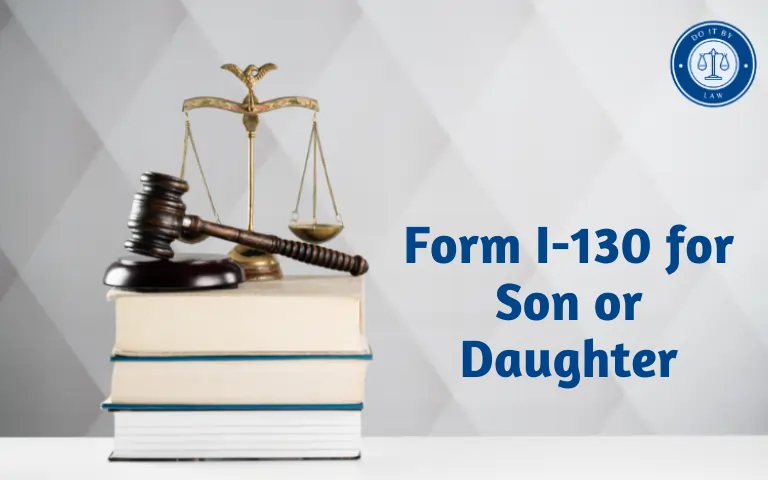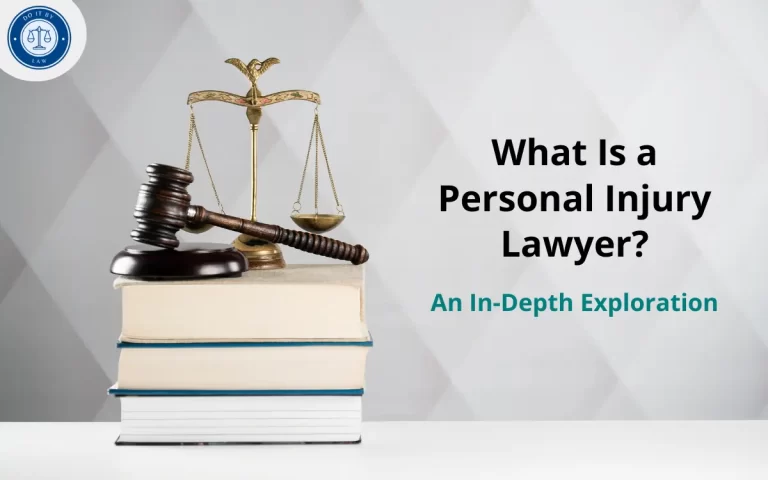What is the Good Samaritan Law?
The good samaritan law offers legal protection to people who provide reasonable assistance to those who are injured, ill, or in peril. In short, good samaritan laws aim to encourage people to help others in need without fear of legal repercussions if they make an honest effort to assist.
These laws exist in some form in all 50 states and at the federal level in the United States. They can shield good samaritans from civil liability as long as they act responsibly, in good faith, and within the scope of their training. However, good samaritan laws do have limitations and do not prevent someone from being sued in all scenarios.
Read on to learn more about the purpose of good samaritan laws, what protection they offer, their limitations, and implications for those looking to assist others in emergencies.
What is the Purpose and Origin of Good Samaritan Law?
Good samaritan laws were created to encourage people to help strangers in perilous medical emergencies without fear of being sued for unintentional mistakes. These laws communicate that helping others in need is an important moral and civic duty.
The concept of the “Good Samaritan” originates from a biblical parable where a Samaritan man helps a Jewish traveler who had been robbed and beaten. The story praises the Samaritan’s kindness and compassion in assisting a stranger in need.
This ethical lesson was eventually adopted into law to protect those who demonstrate similar altruism in providing reasonable medical assistance to others in emergencies.
What Legal Protections Does Good Samaritan Law Offer?
Good samaritan statutes offer legal immunity to persons who act in good faith to give reasonable assistance in a medical emergency. As long as these good faith responders are not grossly negligent and act within the scope of their training, good samaritan laws may shield them from civil liability.
Even trained medical professionals can be wary of assisting in emergencies outside of their workplace for fear of being sued. But good samaritan laws allow doctors, nurses, EMTs, and other medically skilled people to volunteer in emergencies with some legal protections.
Additionally, good samaritan laws protect untrained civilians who try to help someone who is injured or ill until professional help arrives. For example, a passerby who attempts to perform CPR or first aid on someone in distress would be shielded from liability under most good samaritan laws.
So in essence, these laws give legal immunity to both medically-trained individuals and laypersons when they make reasonable efforts to help others in medical crises.
What Are the Limitations of Good Samaritan Laws?
While good samaritan laws offer legal protections, they do have some limitations in terms of what they cover. Here are some important restrictions to understand:
- No protection for gross negligence: If a responder acts in a grossly negligent way that worsens the victim’s condition, good samaritan laws offer no shielding. However, simple negligence and mistakes in judgment are normally excused.
- No protection outside of emergencies: The law strictly applies to urgent medical situations where immediate aid could save a life or prevent serious impairment. Actions not taken in an emergency receive no protection.
- No protection for compensation: Those who receive or expect compensation for their emergency care forfeit good samaritan coverage in most states. However, some states do still extend protections if compensation is received after the incident.
Additionally, good samaritan statutes set other specific boundaries in terms of where, when, and how immunity applies. Given variations in state laws, it’s important to understand your local good samaritan provisions. Never assume you have full protection in all scenarios.
Can You Still Be Sued Under Good Samaritan Laws?
While good samaritan laws shield individuals from liability in many life-threatening emergencies, it does not make responders immune from civil lawsuits. It is still possible to be sued for negligence even under good samaritan protection.
Plaintiffs may still try to make allegations such as:
- The responder’s conduct was willful, wanton, or grossly negligent
- No life-threatening emergency existed
- Care went beyond the provider’s scope of training
- The responder expected compensation for helping
If any of these arguments succeed in court, a good samaritan could still face liability despite the law’s provisions. While these cases are hard to win, it’s important to remember that good samaritan laws have limitations in shielding responders from lawsuits.
Conclusion
The likelihood of being sued under good samaritan protection is very low, as long as responders act reasonably, carefully, and in good faith given the urgency of the situation. Mistakes in judgment and ordinary negligence are normally excused.
However, it is still smart to take precautions to ensure you remain within the scope of good samaritan law protections:
- Only provide care you have been trained and certified to perform
- Ask the victim for consent before assisting if possible
- Move the victim only if necessary to avoid further injury
- Wait for professional help if possible before intervening
While being sued remains an unlikely occurrence, following these common sense guidelines will help ensure you remain shielded from liability under good samaritan protections.
So don’t let fear of legal liability stop you from doing the morally right thing and trying to help someone in a life-threatening emergency. Remember that good samaritan laws exist precisely to encourage reasonable people to step up and assist those in dire need.



